Trump’s New Trade Agreements with Southeast Asia
The agreements aim to remove tariff and non-tariff barriers on U.S. exports while securing multi-billion-dollar commitments from Southeast Asian countries to buy American goods.
Malaysian companies alone pledged to purchase over $150 billion worth of U.S. semiconductor, data center, and aerospace equipment. However, the deals appear largely one-sided, as partner nations failed to obtain significant tariff reductions, keeping most rates at the previously imposed 19%–20% range.
While Malaysia received tariff exemptions on $12 billion of exports, only $1 billion will enjoy zero-tariff benefits, with the remaining $11 billion still facing restrictions.
The framework also introduces a 40% tariff on transshipped goods to prevent re-routing from China, though implementation details remain unclear.
Malaysia’s stock market fell following the announcement, as investors reacted to the limited economic benefit and uncertainty surrounding enforcement timelines.
Officials confirmed that the agreements are non-binding at this stage, with detailed negotiations expected in the coming months.
U.S. and Japan Strengthen Critical Mineral Supply Chains
In a parallel move, the White House announced a new economic framework with Japan focused on developing diversified and secure markets for critical minerals and rare earth elements.
The partnership aims to counter non-market practices and reduce dependence on single-source suppliers.
According to official statements, both nations plan to support investment projects within six months, targeting production and delivery of essential materials for the U.S., Japan, and allied countries.
The upcoming Japan-U.S. Fact Sheet will list major industrial participants such as Mitsubishi Heavy Industries and projects involving power generation and automobile manufacturing.
This collaboration underscores the growing urgency among advanced economies to secure the global supply chain for rare earths — materials critical to electronics, clean energy technologies, and defense applications.
Key Takeaways
- Trump’s trade deals focus on boosting U.S. exports but offer limited tariff relief to Southeast Asian partners.
- Malaysia to purchase $150 billion in U.S. tech and aerospace goods.
- U.S. and Japan launch joint framework to develop rare earth and critical mineral supply chains.
- Major Japanese firms like Mitsubishi Heavy expected to feature in upcoming investment projects.

BBW News Desk is the editorial team of BigBreakingWire, a digital newsroom focused on global finance, markets, geopolitics, trade policy, and macroeconomic developments.
Our editors monitor government decisions, central bank actions, international trade movements, corporate activity, and economic indicators to deliver fast, fact-based reporting for investors, professionals, and informed readers.
The BBW News Desk operates under the editorial standards of BigBreakingWire, prioritizing accuracy, verified information, and timely updates on major global developments.
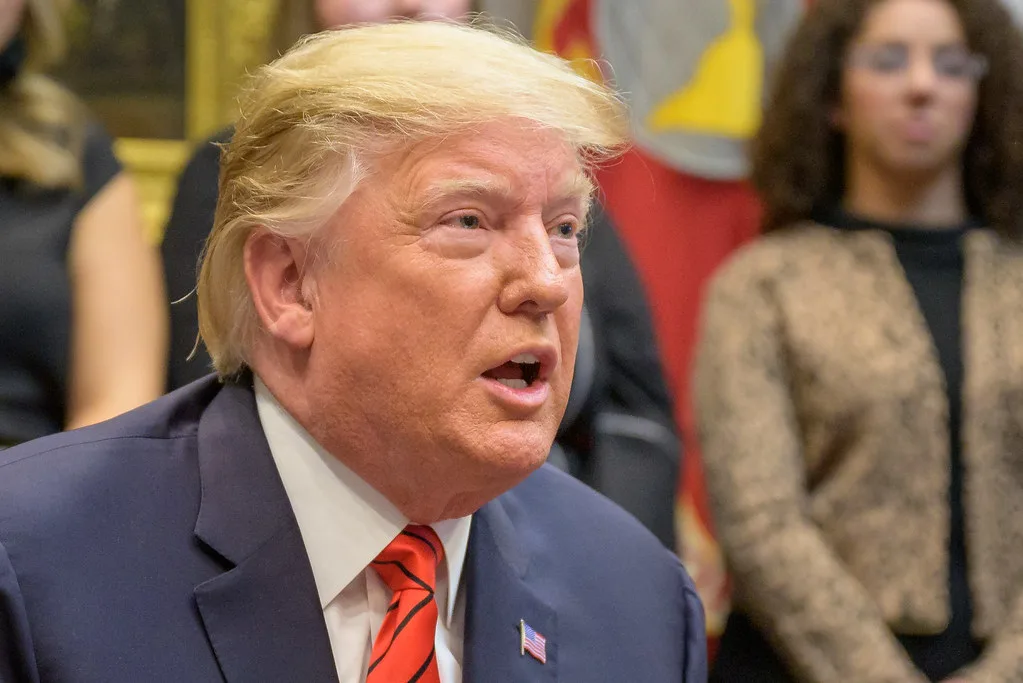









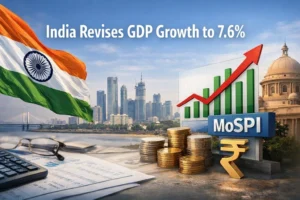

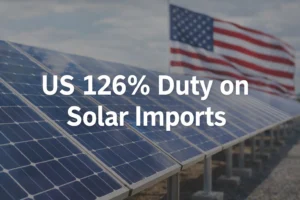
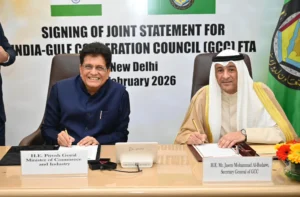


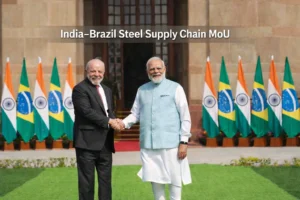



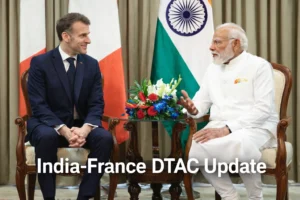
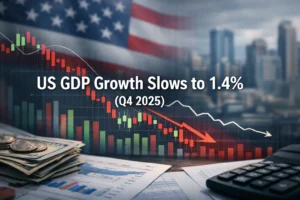


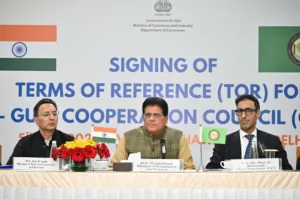

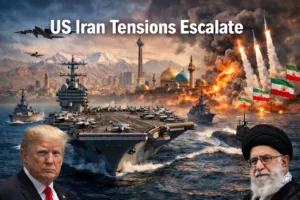
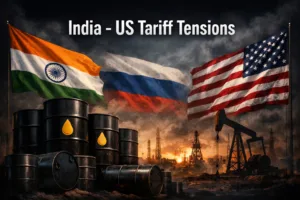
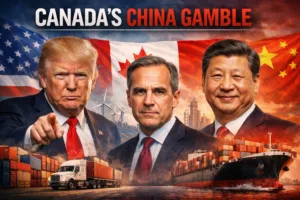
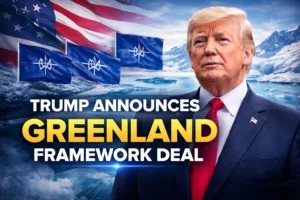
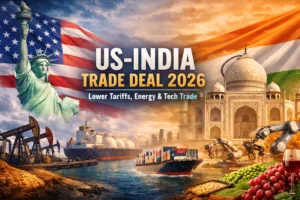
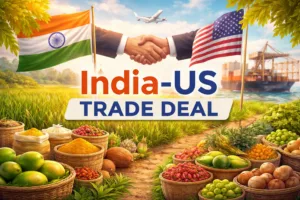


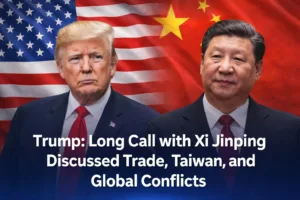



Be First to Comment